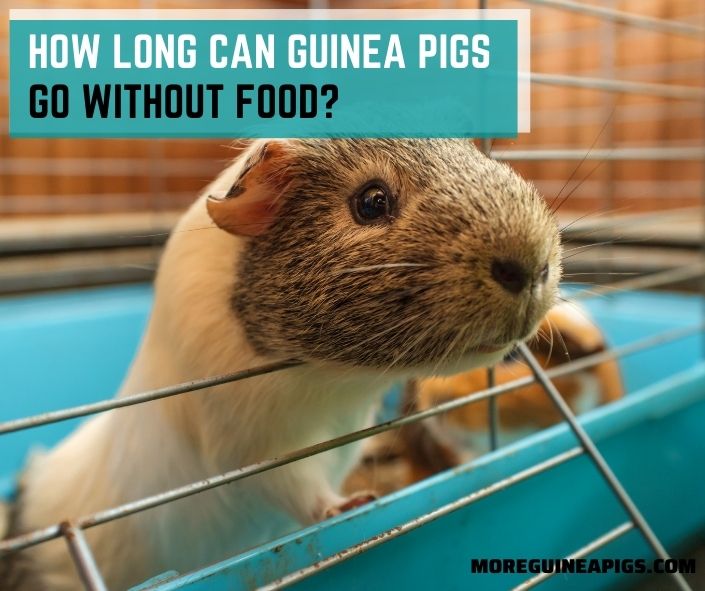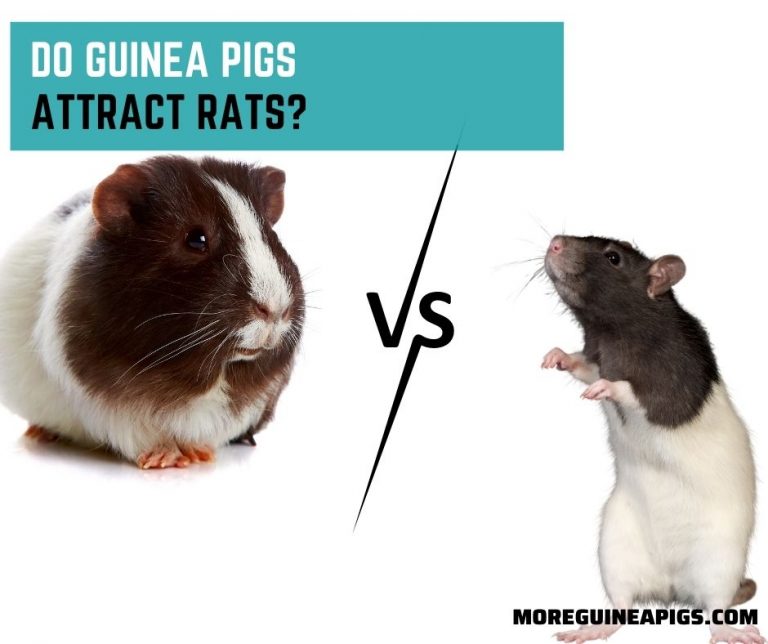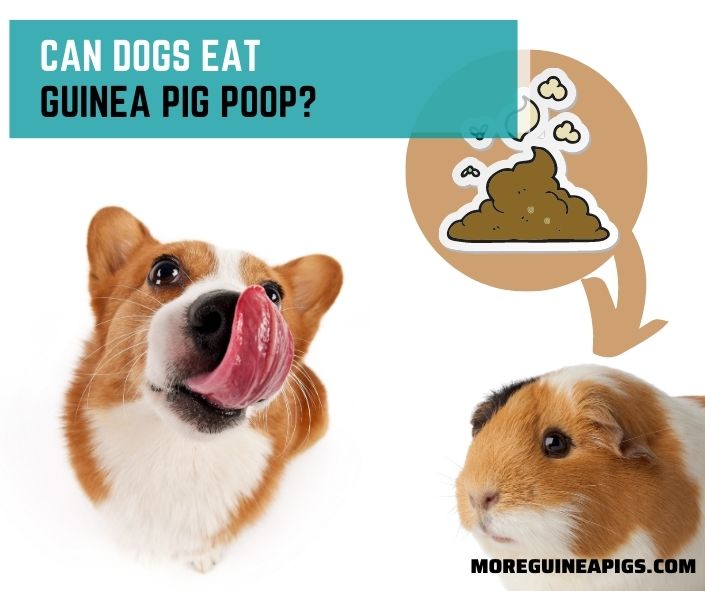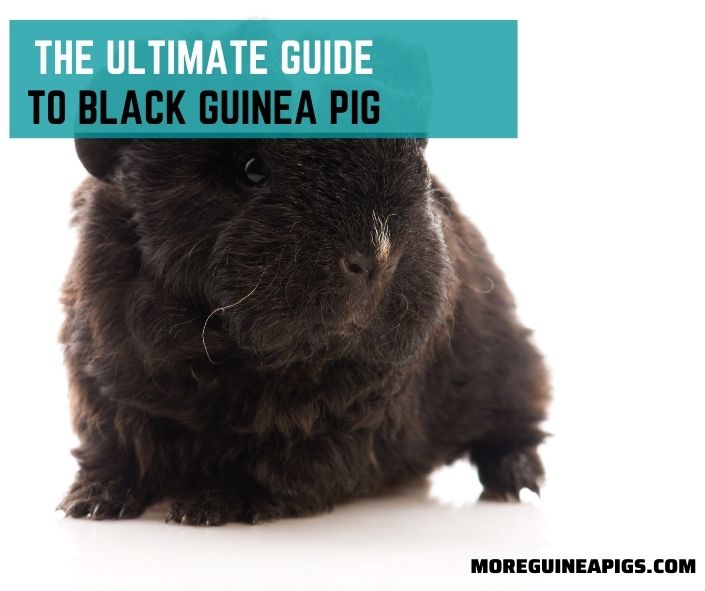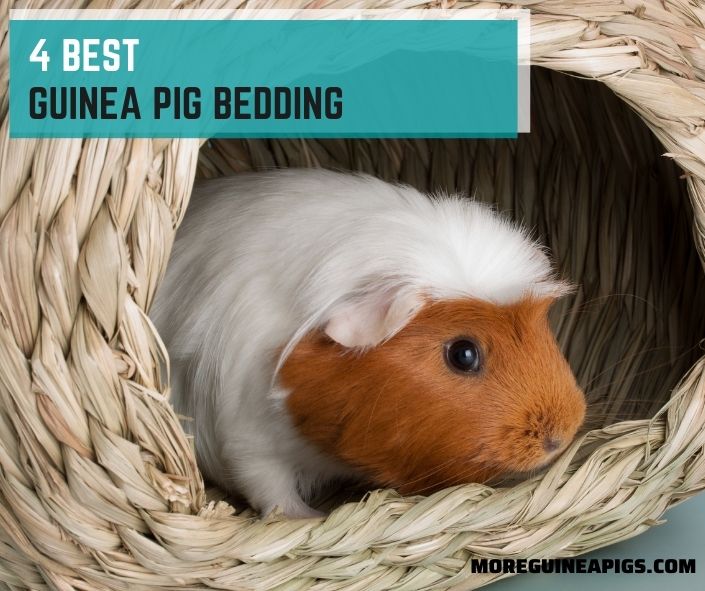How Long Can Guinea Pigs Go Without Food?
Do you wish to go for a vacation, or do you have some industrial arrangement far off, but you don’t know how long can guinea pigs go without food?
Or was your business trip extended, and you’re worried that your cavy may die of hunger? You may also be absent from home for various activities, and it disturbs you to know that no one is around to monitor your pet.
Anyone can find themselves in such a scenario, and none is willing to leave their pets suffering. It is hard to take if your guinea pig dies of starvation because you were absent.
Read through the article and become aware of how long guinea pigs can survive without food and what to do when you’re absent.
How Long Can Guinea Pigs Go Without Food?
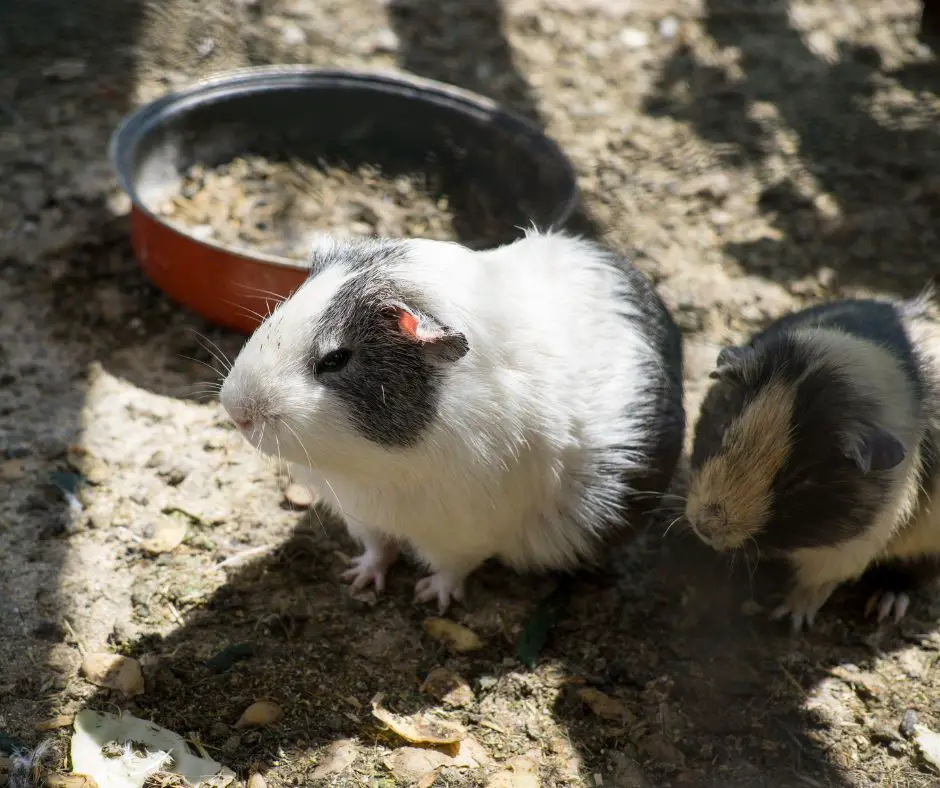
Food is a good best friend to guinea pigs. You will often see these furry animals chewing something, and they won’t cheer up in the absence of food. They can devour hay at free will since it’s always available in the cage.
But these creatures can survive without food, although not for extended periods. A healthy guinea will be okay for around eight hours without food.
The pig won’t starve at this time, but lack of food may expose it to potentially fatal gastrointestinal stasis or other health complications.
If guinea pigs don’t get food for 24 hours by any chance, most of them will start experiencing intestinal problems. These rodents don’t need to starve at all; it’s not healthy for them.
So, if you are away from home for some time, it’s good to ensure your pet has a constant supply of food. You will save the animal from potential health issues.
It is Different Between Age, Health and Environmental Conditions
Theoretically, guinea pigs can make it without eating for an average of eight hours. However, some factors influence the survival of these animals in food absentia, including health, age, and environmental conditions.
For instance, a healthy guinea pig can go 8 hours without food, but a sick and weak old guinea pig will only go for 3 hours or less. The old piggies demand for nutrients is high, and they need to eat more often to remain healthy.
Older guinea pigs are also vulnerable to diseases; thus, they require special care. Likewise, pregnant guinea pigs require plenty of nutrients to sustain themselves and the growing fetus. They shouldn’t go over 3 hours without food.
The same goes for the nursing cavies; they have greater maintenance requirements and need to eat frequently. They demand an adequate supply of energy, protein, and water; hence, they can’t afford to stay without food and water.
Sometimes the temperatures may get too hot during summer, making guinea pigs uncomfortable. In such conditions, guinea pigs may go over 8 hours without eating, but they will take fewer hours during cold temperatures.
Adverse Health Effects Associated with Food Deprivation
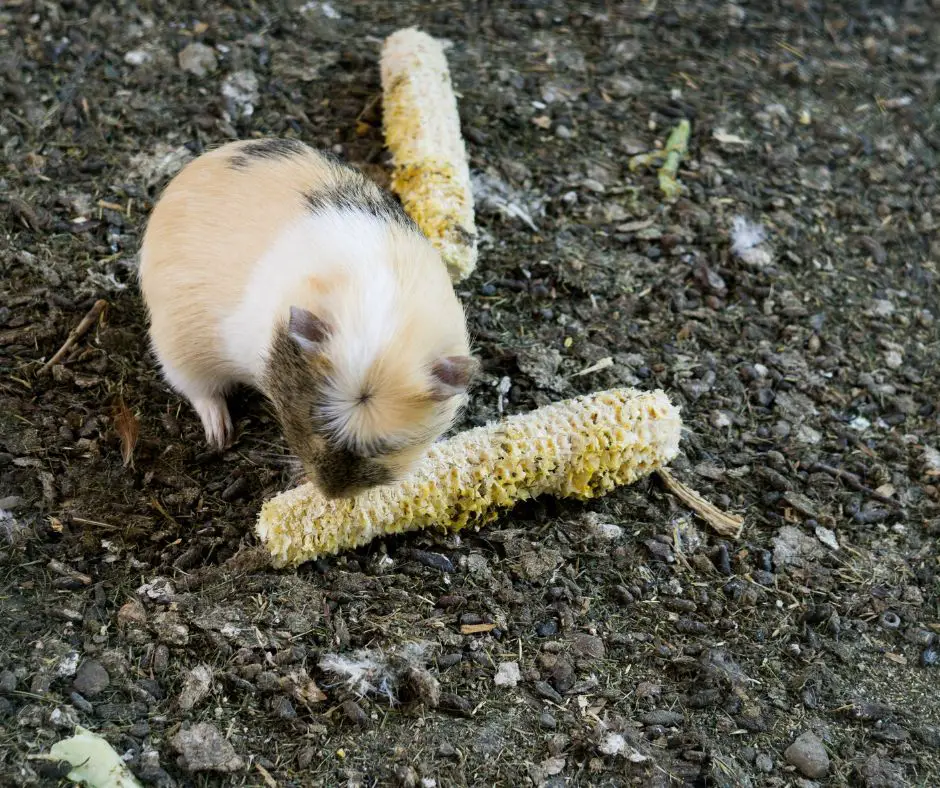
Even if our beloved animal companions here can afford to stay for 8 hours without food, a lot can happen. Your piggy is not 100% safe if it doesn’t eat.
GI stasis and scurvy are two common threats likely to occur when guinea pigs don’t eat. These two conditions are not good, and they can develop so quickly.
They are both fatal and can cause a lot of pain to your cavy, requiring you to seek prompt medical attention.
GI Stasis
For simplicity, GI stasis is a fatal condition that slows down the digestive system or stops it completely.
The stomach accommodates food and fluid but doesn’t move them through the body, exposing a guinea pig to dehydration.
Guinea pigs are vulnerable to GI stasis when not eating at all. Their digestive system is designed to digest food constantly, and that’s why these pets eat and poop frequently.
Now you see why GI stasis can develop in guinea pigs within a single day. Lack of proper diet aggravates GI stasis by causing slow abnormal food movement in the gut (hypomotility).
GI stasis can cause pain, stress, and appetite loss in guinea pigs. Recovery from GI stasis may be slow, and if it persists for more than 2-3 days, your pig will be starving to death.
Scurvy
Scurvy is not a good thing either; it’s a deadly condition arising from vitamin C deficiency. Guinea pigs cannot synthesize vitamin C in their bodies and need to get it from the diet.
Scurvy itself needs veterinarian attention, and it can persist for some time before your piggy recovers. The signs and symptoms of scurvy in guinea pigs include:
- Hair loss
- Sluggishness
- Painful joints
- Reluctance to move around
- Weight loss
Ideally, guinea pigs need 20-30mg/kg of body weight of vitamin C every day to stay healthy. However, they can consume up to 50mg/kg when under vitamin C deficiency. Most of the content is obtained from supplementation.
Also read: Complete Guinea Pig Care Guide
How Often Should Guinea Pigs Eat?
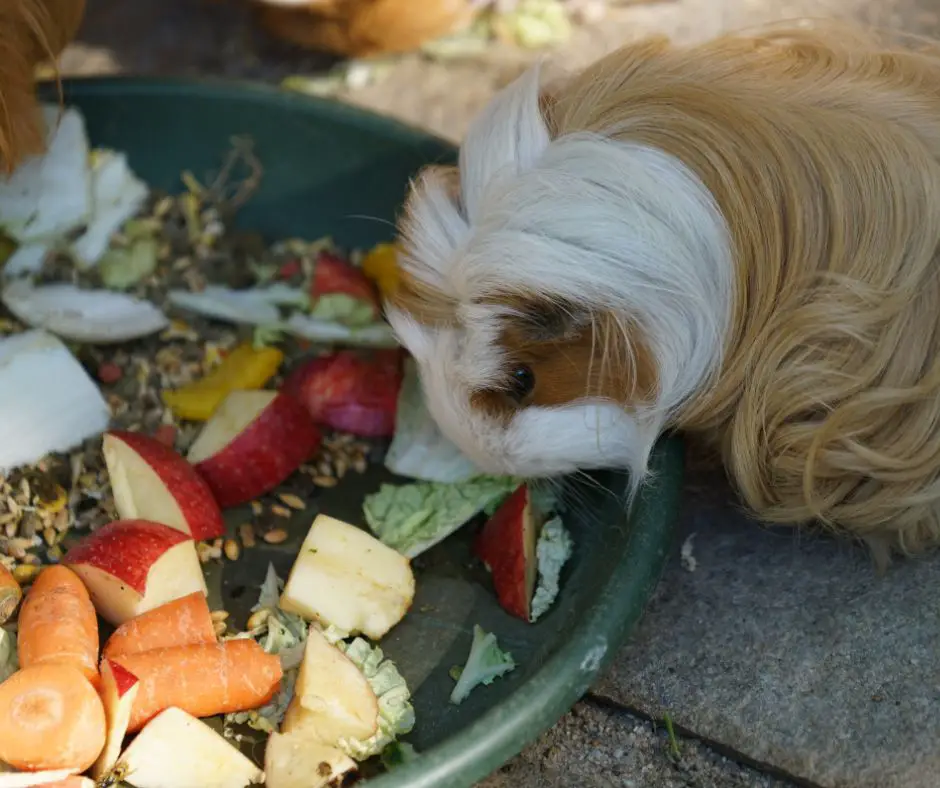
The Guinea pigs diet consists of a couple of things, including hay, Vitamin C rich pellets, fresh veggies, and fruits. More importantly, you need to know after how long your guinea pig needs to eat.
A healthy guinea pig should eat food 2 times a day, in the morning and evening. Such a feeding interval ensures that your pet has food the entire day and night.
But you should provide hay constantly. Your furry friend loves gnawing on hay, and they find it interesting. Hay forms the larger part (about 80%) of a guinea pig diet. The fibre from hay is highly beneficial to these furry cavies.
Ideally, your guinea pig will consume approximately 80-100g of hay every day. Feed around 1/8 cup of pellet each day and at least 120-150g of mixed veggies. But supply limited fruits every other day.
Also read: What Can Guinea Pigs Eat? A-Z Food List
What Do You Do If Your Guinea Pig Refuses to Eat or Drink?
If your guinea pig doesn’t accept food or water, don’t be so nervous, your furry friend won’t die immediately.
Although these pigs’ digestive system slows down like the wind if they miss food for eight hours, they can still survive for 2-3 days. If you go beyond there, you are pushing your pig to death.
Remember, a hungry guinea pig is a stressed animal. The metabolic rate of these animals is exceedingly fast; they eat more frequently, digest like crazy, and get hungry immediately. Depriving your pig food is the worst thing ever.
Why would these chowhounds give up on food, even after several attempts to feed them? Here are the reasons why;
- GI stasis
- Stress
- Overgrown tooth
- Too hot temperatures
- Recent surgery
- Dehydration
- Improper liver functioning.
Guinea pigs suffer from intestinal blockage due to lack of food, but the condition also exposes them to liver damage and death after some days.
When you notice your friend is not eating, you need to notify your vet immediately and have the pet checked. The vet will recommend to you what step to take.
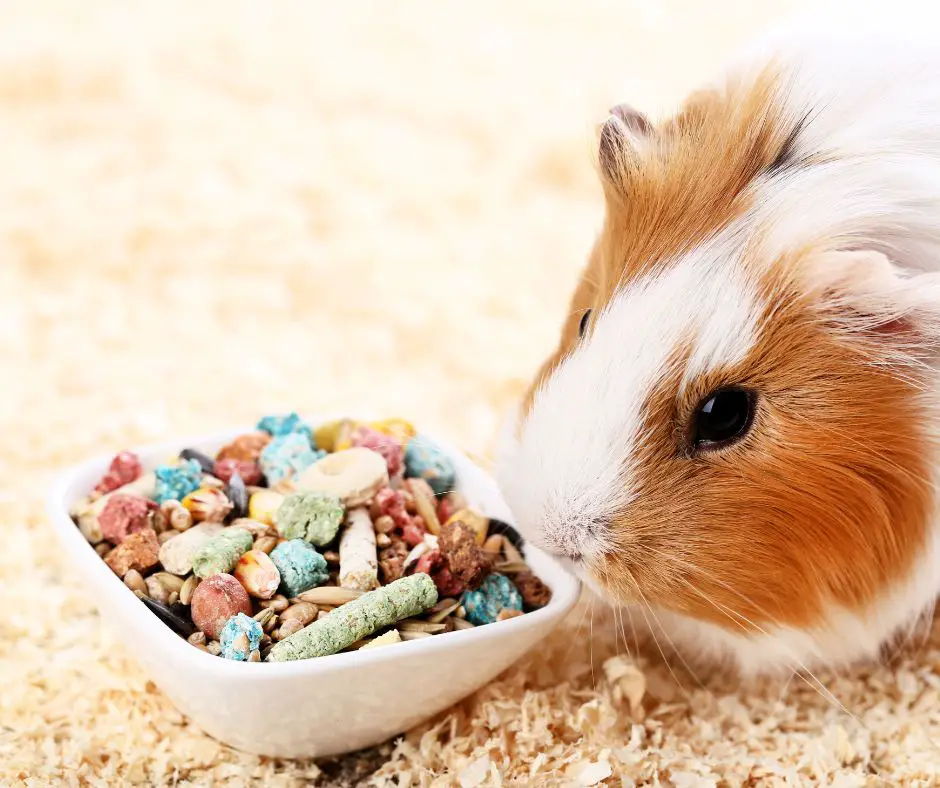
What Do You Do If You Are Away?
Now you know it’s risky to deprive your guinea pig of food. It will quickly develop digestive problems and health complications because of hunger.
So, whenever you have to go out or travel, the first and foremost thing is to ensure your pig will be safe. Be sure; if you follow the following tips, your guinea pig will be fine even in your absentia.
Install Multiple Water Bottles and Food
Guinea pigs need to be hydrated throughout. They also don’t need to starve. If you aren’t around, install multiple water bottles in the cage to enhance the constant supply of water.
Let Friends Help or Neighbors
Please choose one of your neighbors or a friend you trust and ask them to help look after your pet when you are away.
Notify them some days in advance to allow sufficient time to train them until they familiarize themselves with everything. It’s not a complicated task to feed guinea pigs, but it’s necessary to offer training and ensure your pig is in safe hands.
Boarding Your Guinea Pig
It is wise to look for a boarding facility locally and let them protect your furry friend if you are absent for a long time. Their cost is affordable, and they will gladly maintain the pet for you.
Another best option will be to confirm with your local pet stores or vet if they offer boarding services. They will help take care of your guinea pig at a fee.
If your vet provides such services, they are the best person to look after your guinea pig. They will monitor the pet’s health, which is a big advantage. You are also confident that the vet is experienced.
Also read: How Much Does It Cost To Board A Guinea Pig?
Set Up a Camera to Monitor Guinea Pigs
Things are getting so easy and interesting with technology. You can monitor your pet’s progress when you’re far from it.
Plan to set up a surveillance camera in your cavy’s cage and link it to your smartphone. It will help you see when supplies run short and monitor the pet’s behaviour. Pet-monitoring cameras are available in most pet stores.
Clean the Enclosure and Consider the Cage Location
It should never escape your mind that guinea pigs are clean rodents and are required to dwell in a clean enclosure throughout. If you have some commitments far away, ensure to deep clean the cage.
Leave your pig when clean also. Likewise, ensure to leave the cage in a quiet and flat location. These animal companions are afraid of heights. It’s ultimately important to ensure the location is well ventilated, not too hot and cold.
Also read: Guinea Pig Setup: Step By Step Guide
UNMOT Pet Cage Cleaner Set for Guinea Pig Cages
Don’t Forget Water for Guinea Pigs
A guinea pig requires to drink not less than 90-100ml of water per day. They need to drink sufficient water for hydration.
On the other hand, pregnant and nursing females have great demand for water, and they will take more than 100ml per day.
If you suspend multiple glass non-dripping water bottles in the cage, your friend will have enough water to drink when you’re not around. A glass non-drip water bottle is recommended because it won’t chew and clog it.
Please don’t leave the waterers on the floor because your pig will defecate and urinate in the water and even pour it. Guinea pigs can stay up to 24 hours without water, but no further from there.
Also read:
- Do Guinea Pigs Know How To Use Water Bottle? – 7 Best Water Bottles for Guinea Pigs
- Guinea Pig Water Bottle Height: How High Is Good?
Guinea Pig Hay Feeder
Summing Up
Guinea pigs have a high metabolic rate, and therefore, they eat and poop often. That’s why they get hungry so quickly and demand to eat frequently.
A healthy cavy can only tolerate not eating for about 8 hours; anything beyond that brings stress and health issues.
If these pets don’t eat as they are used to, they risk getting GI stasis and scurvy, and these two are fatal conditions.
Any time you are away from home, it’s imperative to several days’ worth of feed and drinks. You can also pay a boarding facility, your vet, or a local pet store to take care of your furry friend for you.
